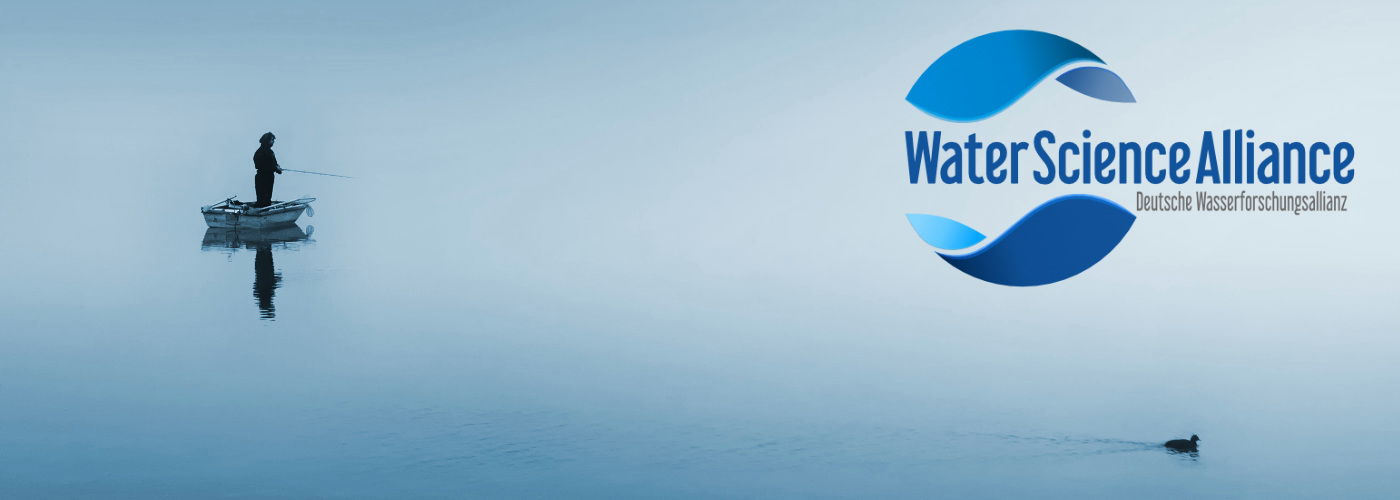Water Science Alliance - Kräfte bündeln
Die wissenschaftliche Expertise der deutschen Wasserforschung ist in einzelnen Bereichen exzellent, aber insbesondere die nationale Vernetzung sowie internationale Sichtbarkeit des gesamten Forschungsfeldes nicht adäquat.
Mit der Water Science Alliance werden Strukturen etabliert, die dazu beitragen, das vorhandene Potenzial der deutschen Wasserforschung besser zu nutzen, bei der Entwicklung und Bearbeitung komplexer und interdisziplinärer Forschungsthemen innerhalb von Themenverbünden.
Aus der Komplementarität der Forschungseinrichtungen (Großforschungseinrichtungen und Hochschulen) ergeben sich neben der inhaltlichen Verknüpfung der Kompetenzen auch Synergien aus der gemeinsamen Nutzung von Infrastrukturen, Observatorien und Großgeräten sowie der Förderung des wissenschaftlichen Nachwuchses.
14th Water Research Horizon Conference
We would like to announce the 14th Water Research Horizon Conference in Leipzig in collaboration with the UFZ on September 26-27, 2024.
Rüdiger Kurt Bode-Stiftung - Water Resources Prize - Call for Applications
100.000 €
Submission Deadline has ended on March 7, 2024
The award aims to expand the research opportunities for the recipients, facilitate the employment of emerging scientists, and initiate further research initiatives.
Scientists from the fields of life sciences, natural sciences, and engineering, who, through interdisciplinary, practice-oriented research at the interface of science and society, have developed outstanding strategies and concepts for the sustainable use of global water resources.
Interdisciplinary Aquatic Ecosystems Research Awards 2024
500 €
Submission Deadline: April 30, 2024
The Water Science Alliance e.V., in partnership with the Center for Water and Environmental Research (ZWU) at the University of Duisburg-Essen, is offering a monetary award of €500 for each of three exceptional bachelor's or master's theses in the field of aquatic biodiversity and ecosystem research. To apply, please send your applications to florian.leese@uni-due.de with the subject line "Aquatic Ecosystems Research Award 2024." The application deadline is April 30, 2024. Additional details can be found here.

